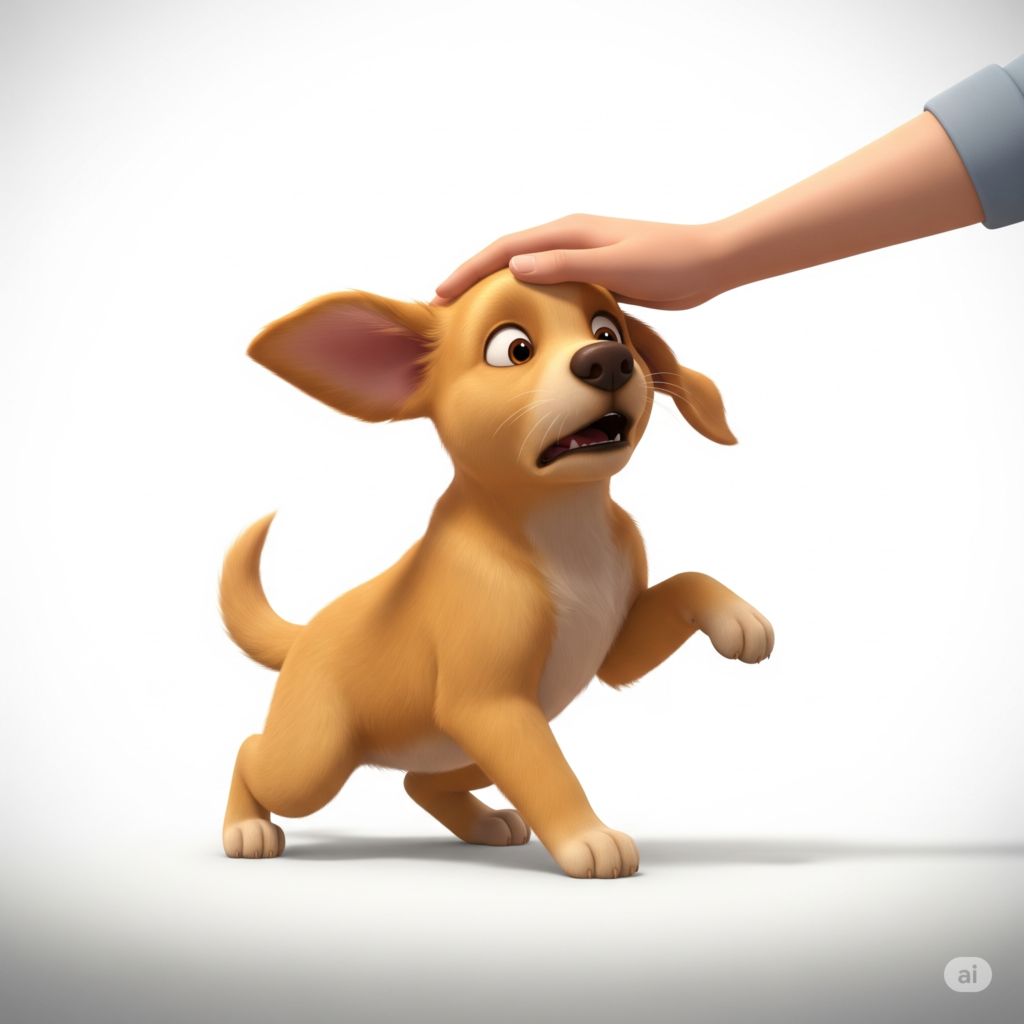
Puppies are naturally curious, but sudden or unfamiliar noises at home can trigger anxiety or fear. From loud appliances to construction outside, the world can feel unpredictable to a young pup. Helping your puppy stay calm during these noisy moments is an important part of raising a confident and emotionally stable companion.
Why Puppies React to Noise
Puppies are in a stage of rapid learning and sensory development. Their ears are highly sensitive, and they don’t yet understand which sounds are safe and which might signal danger. What seems minor to you—like a blender, a vacuum, or the sound of rain on a metal roof—can be overwhelming to your puppy if they haven’t been exposed to it gradually.
Common Triggers in the Home
- Vacuum cleaners
- Blenders or food processors
- Hair dryers
- Doorbells or knocking
- Loud music or television
- Construction or roadwork nearby
- Thunderstorms or heavy rain
Start with Calm, Steady Behavior
When a loud noise happens, the most helpful thing you can do is stay calm. Avoid rushing to your puppy in panic or showing alarm yourself. Instead, act like everything is completely normal. Sit near your puppy, speak in a relaxed tone, and avoid overreacting. Puppies take emotional cues from their humans, so your calm presence can reassure them.
Offer a Safe Retreat Spot
Designate a quiet, cozy corner of your home where your puppy can go to feel secure. This might be a crate with soft bedding, a corner with a blanket, or a familiar bed tucked away from busy spaces. If a loud noise happens, gently guide your puppy to this area and stay nearby. Over time, they will learn that it’s a place where they can relax during unsettling sounds.
Introduce Noises Gradually When Possible
You can slowly help desensitize your puppy to common household noises. For example, turn on the vacuum for just a few seconds at a distance, then turn it off and offer your puppy a treat or praise. Repeat this over time, gradually increasing the exposure. This helps them associate the sound with something positive rather than fear.
Use Calming Tools and Distractions
If your puppy becomes very anxious during loud events, you can offer simple distractions such as:
- A chew toy or treat-filled puzzle
- Soft background noise like a fan or calming music
- A slow, reassuring petting session
This shifts their focus from the noise to something safe and comforting.
Avoid Reinforcing the Fear
It’s important to comfort your puppy without reinforcing fearful behavior. Instead of over-coddling when they react to a sound, calmly redirect their attention. Use a confident voice and offer a fun toy, or simply sit quietly with them until they feel better.
Stick to Routine When Possible
No matter what happens in the environment, try to maintain a regular feeding, play, and rest schedule. Familiar routines give your puppy a sense of stability and help them recover faster from unexpected changes.
Know When to Seek Extra Help
If your puppy shows signs of extreme fear—like trembling, hiding for hours, or refusing to eat after hearing certain sounds—it may help to talk to your vet or a professional dog trainer. There are training techniques and calming aids that can reduce long-term noise anxiety.
Final Thoughts
Your puppy will experience many new things in their first year, and unexpected sounds are just part of life. With your calm leadership, a few comfort tools, and patience, your puppy can learn to feel safe and confident in a noisy world. Every small step helps build a more resilient and well-adjusted companion. PetsDogPuppy
